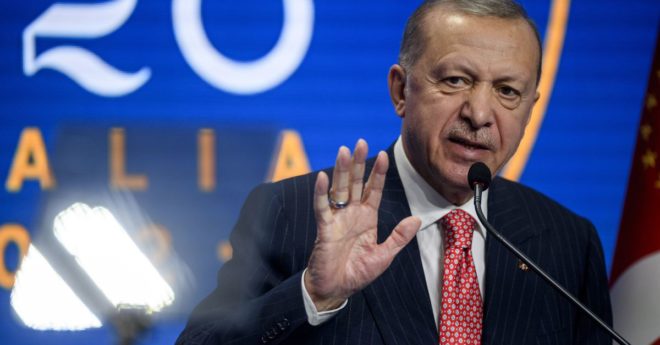This problem is rooted in the late 1980s when Turkey opened its capital accounts, allowing the lira to trade and float against other international currencies, at a point where it was still very much an emerging economy subject to periods of instability. At least according to Bingol, this opening was “premature,” coming before the lira was robust enough to withstand global trading (for comparison, China, now the world’s second-largest economy, still has not opened capital accounts to allow the yuan to float). Over the years that has eroded the lira’s domestic role. Worst of all, dollar dominance tends to rise precisely during instability like the current crisis, reducing the effectiveness of lira monetary policy at the moment it is most badly needed.
Bukele’s Bitcoin Is Not What Turkey Needs



